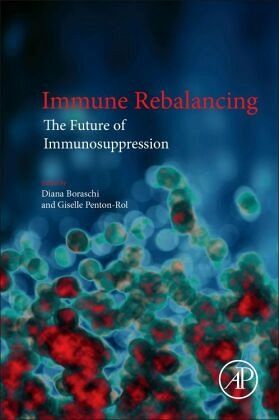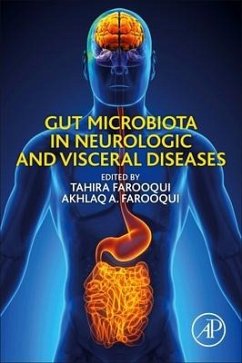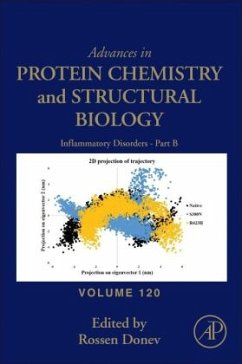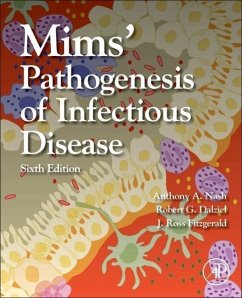
Immune Rebalancing
The Future of Immunosuppression
Herausgegeben: Boraschi, Diana; Penton-Rol, Giselle

PAYBACK Punkte
31 °P sammeln!
Immune Rebalancing: The Future of Immunosuppression summarizes the most promising perspectives of immunopharmacology, in particular in the area of immunosuppression by considering molecular pathways, personalized medicine, microbiome and nanomedicine.Modulation of immune responses for therapeutic purposes is a particularly relevant area, given the central role of anomalous immunity in diseases. These diseases vary from the most typically immune-related syndromes (autoimmune diseases, allergy and asthma, immunodeficiencies) to those in which altered immunity and inflammation define the patholog...
Immune Rebalancing: The Future of Immunosuppression summarizes the most promising perspectives of immunopharmacology, in particular in the area of immunosuppression by considering molecular pathways, personalized medicine, microbiome and nanomedicine.
Modulation of immune responses for therapeutic purposes is a particularly relevant area, given the central role of anomalous immunity in diseases. These diseases vary from the most typically immune-related syndromes (autoimmune diseases, allergy and asthma, immunodeficiencies) to those in which altered immunity and inflammation define the pathological outcomes (chronic infections, tumours, chronic inflammatory and degenerative diseases, metabolic disorders, etc.
Modulation of immune responses for therapeutic purposes is a particularly relevant area, given the central role of anomalous immunity in diseases. These diseases vary from the most typically immune-related syndromes (autoimmune diseases, allergy and asthma, immunodeficiencies) to those in which altered immunity and inflammation define the pathological outcomes (chronic infections, tumours, chronic inflammatory and degenerative diseases, metabolic disorders, etc.













